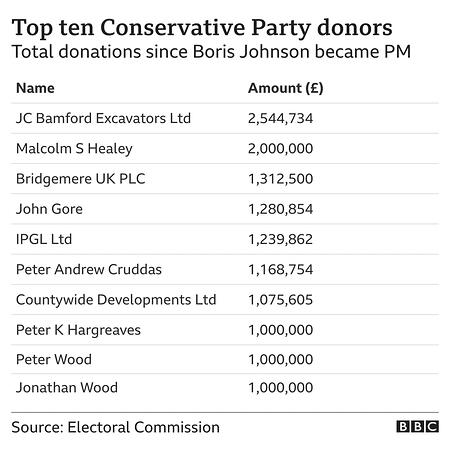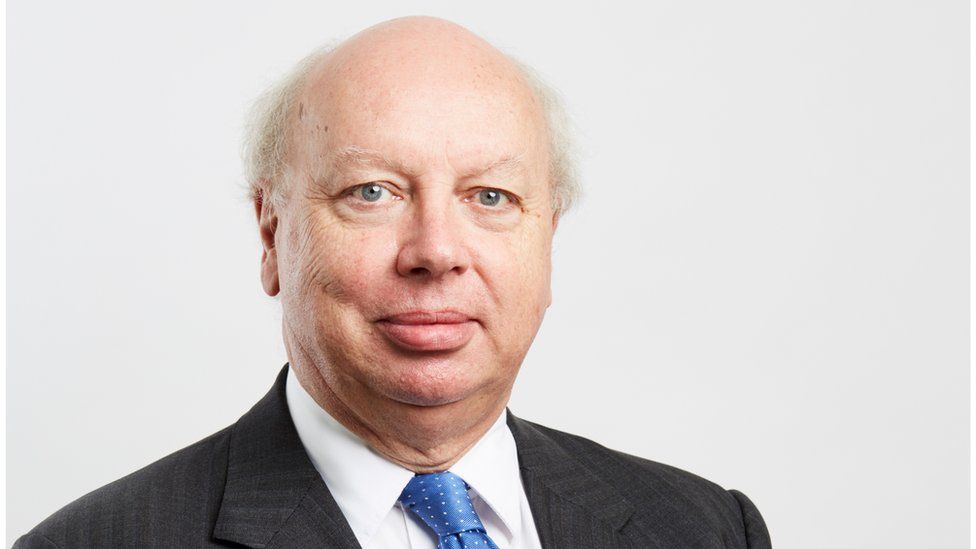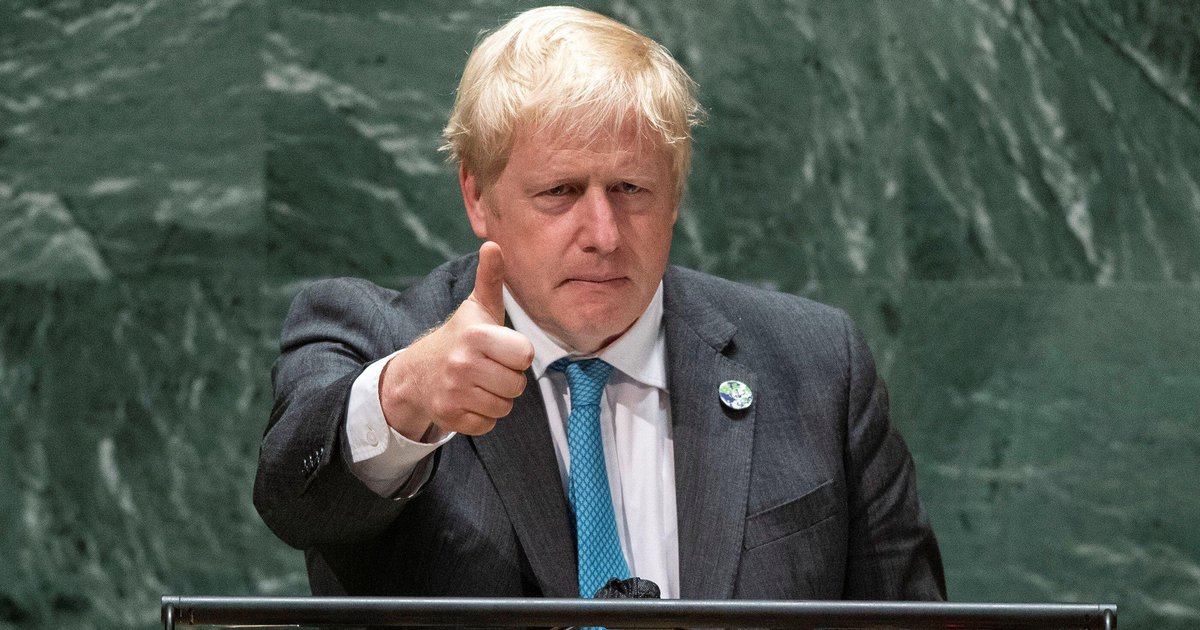JC Bamford Excavators Limited has given just over £2.5m in the last two years. Lord Bamford, the chairman of the family owned company, has personally given £100,000 since 2010, when the Conservatives returned to government. He became a Conservative peer in 2013.
Alasdair Locke is a veteran of the shipping and oil and gas industries, and a multimillionaire. “They will put you in everything you want,” he says, when I ask what he gets in return. Mr Locke has agreed to talk to me on the record, where others said they would speak to me, but only if I protect their identity.
He has donated £280,000 to the Conservative Party since Boris Johnson became prime minister.
Electoral Commission rules mean any donation over £7,500 to a party has to be reported by that party, and the figure and the donor will be published.
“I can get access via the Leaders Group. It is usually senior ministers and 15 or 20 people. Sometimes in person. Sometimes on Zoom. The last thing I attended was a lunch with Michael Gove in July. It was all donors who were there.”
To become a member of the Leaders Group, you have to have donated £50,000 in the last year. Two to three lunches a week are arranged, to which around a dozen donors are invited. Groups don’t tend to be bigger than this, to ensure all those who turn up get a chance to feel part of something that isn’t impersonal. Some donors are very regular attendees, others don’t come to any.
Does this amount to buying access, and influence? “It is interesting, but I’m not sure we are that influential. Politicking doesn’t really interest or excite me. I would reckon I do get heard, but I don’t expect it to be acted upon,” Mr Locke says. Politicians are always cautious, in any case. At the lunch with Michael Gove, I asked about trade relations with the US. There was no attempt by any of us to influence policy."
It is not just the Leaders Group that donors can be a member of. There is the Treasurers Group, for those who have given £25,000, although I am told plenty of prospective members can be tempted to upgrade to the Leaders Group, as those with a spare 25 grand rattling around can often afford to double it.
There is then the Advisory Board, for those who have given £250,000 or more in the last year.
Transparency
But how transparent is this? The short answer: not very. Yes, there is the legal obligation for donors’ names and how much they have given to be published. But what they actually get for that money is much, much less clear, and less clear than it used to be.
Back in 2012, there was a big row about the then Conservative co-treasurer, Peter Cruddas. He resigned as party co-treasurer after The Sunday Times suggested he was offering access to then Prime Minister David Cameron for a donation of £250,000 a year. But the following year he won £180,000 in damages in a libel victory against the newspaper. The newspaper’s appeal succeeded in part and the damages were later reduced to £50,000.
Peter Cruddas is sixth in the league table of Conservative donors since Boris Johnson became prime minister, having given £1.1m. In December last year, Mr Johnson nominated him for a peerage, against the advice of The Lords Appointments Commission, describing the earlier allegations as “historic and untrue”.
After the row in 2012, David Cameron decided greater transparency was the answer, even if some internally felt donors were already being told they would be named by the Electoral Commission and a further step was unnecessary.
But Mr Cameron pressed ahead, and the Tories began to publish a public register of donors who attended private dinners with the then-PM.
But then, in 2018, they stopped. And there has been nothing since.
The moneyed and murky world of Conservative cronyism … ![]()






